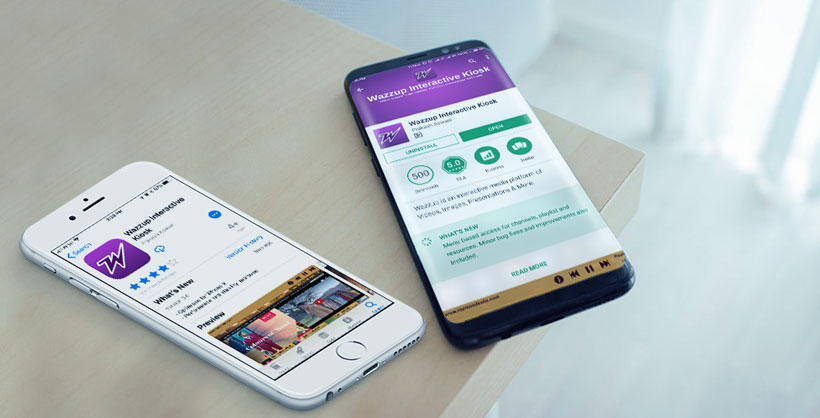Mobile apps are ubiquitous nowadays. We use them every day on our smart phones and they are truly indispensable. Social media apps enable us to keep in touch with friends and relatives. Media apps enable us to play music and videos on our phone. Gaming apps are the favorite pastime of young and old people. Banking apps enable us to keep in touch with our banks and transactions. Email, Notes, Task and Video conference apps enhance our productivity while on the go. Then there are apps for online shopping, food delivery, ad posting, antivirus, phone junk cleaners, online wallets, utilities and lots more. There is an app for almost everything these days.
Hybrid mobile apps are just like any other app that you can find in your app store. They are called “hybrid” because they are built using web technologies like HTML5, CSS and Javascript but are enclosed in a native app “container” that enables it to access native platform features and device hardware. Since hybrid apps are developed using front end web technologies, they can be compiled for various platforms like Android, iOS and Windows with minimal change in the code. Thus, Hybrid apps are a cross between Web apps and Native apps.

